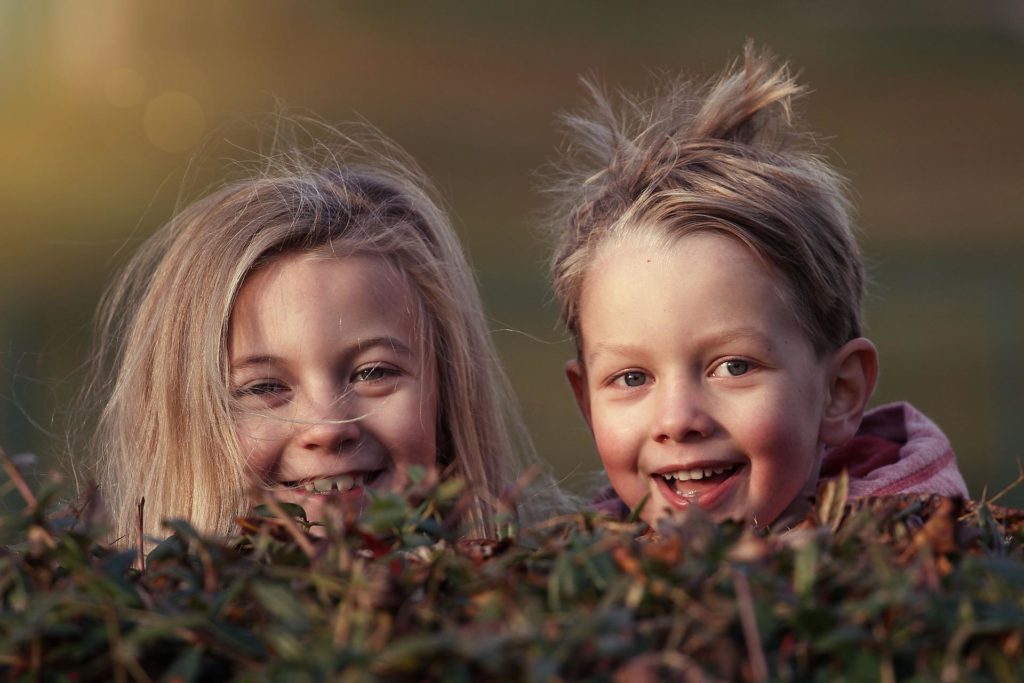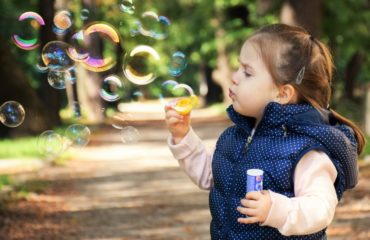
Today, adults and children live in non-stop chronic stress. We have collected advice based on materials from the article by psychologist on how to help children cope with anxiety and uncertainty.
Children have a very plastic psyche, which allows them to adapt to the environment much easier and faster than adults. Yes, they often have states of anxiety and uncertainty. However, if a child grows up in a kind and loving family, he is able to independently experience these states – unconsciously, with the help of drawing, sculpting, dancing, singing, playing and even running or jumping.
Of course, the attention of adults to the needs of the child is extremely important. After all, they help the child to form and grow emotional intelligence, which he will need very much over the years. We can analyze the state and emotions of the child and tell him in words what he feels at the moment. This will teach her to be attentive to herself and understand her own emotions and needs.
And children need rest. Perhaps this is something seditious, but if the child is overloaded, he has a feeling of anxiety, which can later develop into stress or neurosis. Give her the opportunity to rest – take an extra day off, skip the first lesson to get some sleep, not do homework today if you see that she doesn’t have the energy.
With teenagers, on the one hand, it is easier, because with them you can already talk about emotions almost on equal terms, but on the other hand, it is even more difficult. They have hormonal changes, the first “adult” problems and the belief that no one has ever faced such problems before them. Parents are also starting to raise their demands, although teenagers need attention, care and additional rest just like younger schoolchildren.



